All Formats & Editions
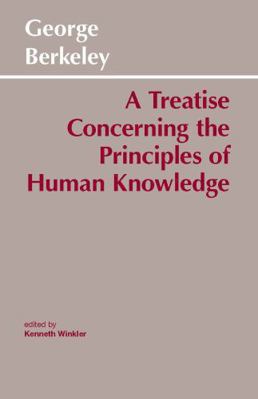
A Treatise Concerning the Principles of Human K...

A Treatise Concerning The Principles of Human K...
George Berkeley's A Treatise Concerning the Principles of Human Knowledge is a seminal eighteenth-century philosophical work that explores the limits of human understanding. Berkeley, a leading figure in the British empiricist school of thought, expounds on his famous "immaterialist"...
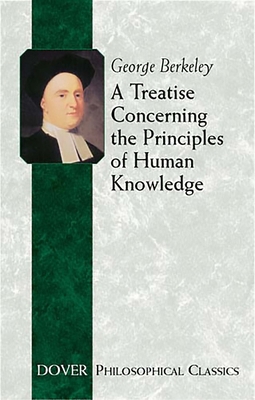
A Treatise Concerning the Principles of Human K...
If a tree falls in the forest and no one is present to hear it, does it make a sound? It does not, according to George Berkeley. Originally published in 1710, this landmark of Western philosophy introduced a revolutionary concept: immaterialism, which asserts that to be is to...

A Treatise Concerning the Principles of Human K...
A Treatise Concerning the Principles of Human Knowledge (Commonly called "Treatise" when referring to Berkeley's works) is a 1710 work by Anglo-Irish Empiricist philosopher George Berkeley. This book largely seeks to refute the claims made by his contemporary John Locke about...
![Tratado sobre los principios del conocimiento h... [Spanish] 1530775485 Book Cover](https://i.thriftbooks.com/api/imagehandler/l/CC86C889BAA211F7AB14FAF4FEC7D90321F8407B.jpeg)
Tratado sobre los principios del conocimiento h... [Spanish]
En su obra m s importante, Berkeley se aplica a estudiar a fondo todos los sentidos humanos y a refutar a su colega empirista, John Locke. Entretanto, se ver n a trav s de sus p ginas diversas facetas sobre la filosof a propia de su autor, todo ello en una poca en la que los...
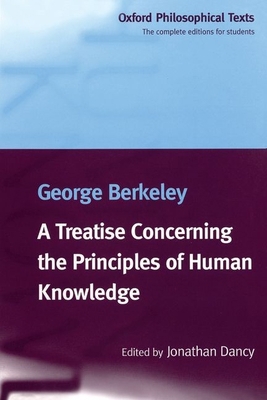
A Treatise Concerning the Principles of Human K...
In this exceptional work Berkeley makes the striking claim that physical things consist of nothing but ideas and therefore do not exist outside the mind. This claim establishes him as the founder of the idealist tradition in philosophy. The text printed in this volume is the...

A Treatise Concerning the Principles of Human K...
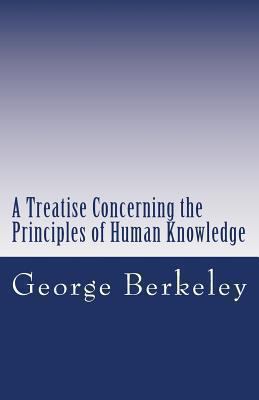
A Treatise Concerning the Principles of Human K...
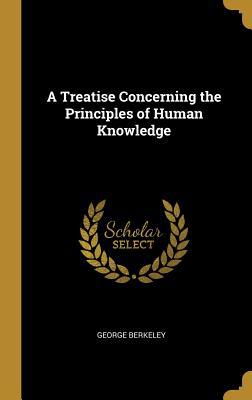
A Treatise Concerning the Principles of Human K...
This work has been selected by scholars as being culturally important, and is part of the knowledge base of civilization as we know it. This work was reproduced from the original artifact, and remains as true to the original work as possible. Therefore, you will see the original...
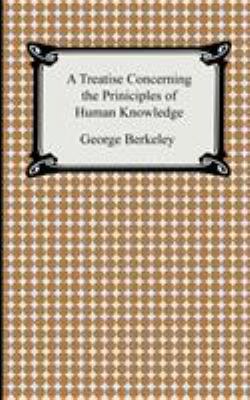
A Treatise Concerning the Principles of Human K...
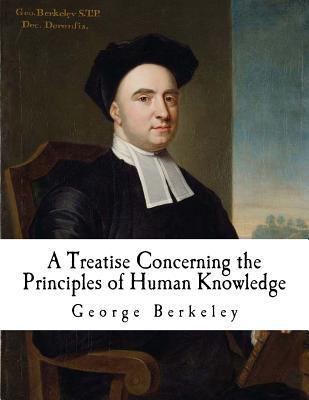
A Treatise Concerning the Principles of Human K...
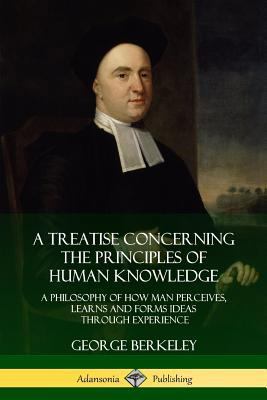
A Treatise Concerning the Principles of Human K...
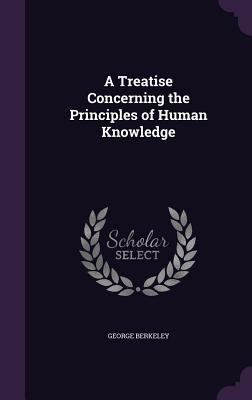
A Treatise Concerning the Principles of Human K...
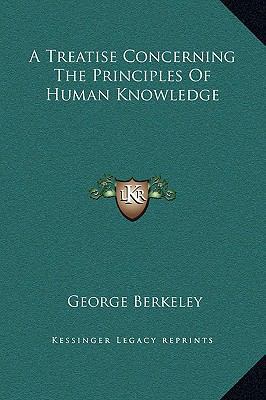
A Treatise Concerning The Principles Of Human K...
A Treatise Concerning The Principles Of Human Knowledge is a philosophical work by George Berkeley, first published in 1710. The book is a response to the prevailing philosophical views of the time, which held that the world existed independently of human perception. Berkeley...
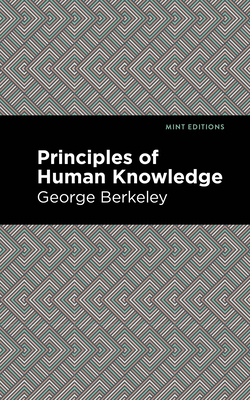
Principles of Human Knowledge
An exploration and defense of immaterialism, Principles of Human Knowledge, details George Berkley's views on reality and perception. The book offers insight into the theory posited by one of the world's greatest philosophers. Principles of Human Knowledge,...
![Principios Del Conocimiento Humano [Spanish] 1539656934 Book Cover](https://i.thriftbooks.com/api/imagehandler/l/45900FB4F4256F7B4AF587729894A2B4273A54CF.jpeg)
Principios Del Conocimiento Humano [Spanish]
Principios del conocimiento humano, es una obra de 1710 del fil sofo empirista George Berkeley. Principalmente, este libro trata de refutar las posiciones de su contempor neo John Locke acerca de la naturaleza de la percepci n humana. Aunque, como todos los fil sofos empiristas,...
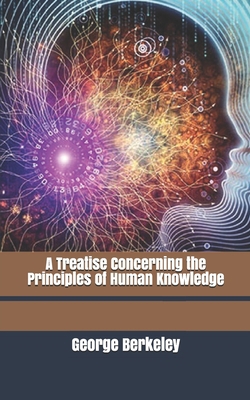
A Treatise Concerning the Principles of Human K...
A Treatise Concerning the Principles of Human Knowledge is a 1710 work, in English, by Irish Empiricist philosopher George Berkeley. This book largely seeks to refute the claims made by Berkeley's contemporary John Locke about the nature of human perception. George Berkeley -...
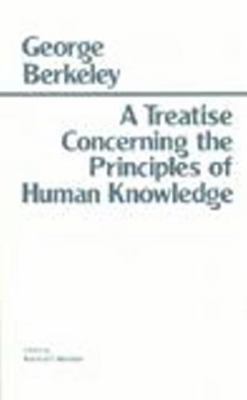
A Treatise Concerning the Principles of Human K...
Kenneth Winkler's esteemed edition of Berkeley's Principles is based on the second edition (London, 1734), the last one published in Berkeley's lifetime. Life other members of Hackett's philosophical classics series, it features editorial elements found to be of particular value...

A Treatise Concerning the Principles of Human K...
What I here make public has, after a long and scrupulous inquiry, seemed to me evidently true and not unuseful to be known--particularly to those who are tainted with Scepticism, or want a demonstration of the existence and immateriality of God, or the natural immortality of...
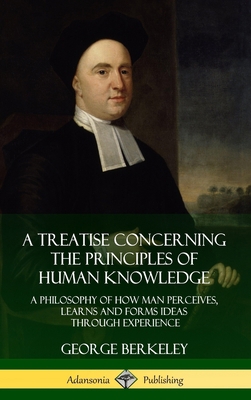
A Treatise Concerning the Principles of Human K...
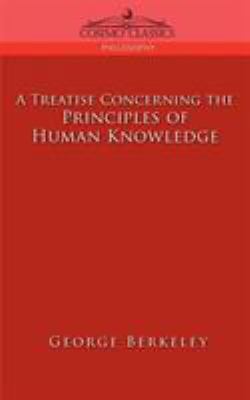
A Treatise Concerning the Principles of Human K...

A Treatise Concerning The Principles of Human K...
![Les Principes de la connaissance humaine [French] 1514199351 Book Cover](https://m.media-amazon.com/images/I/41ZXTawD4-L._SL500_.jpg)
Les Principes de la connaissance humaine [French]
"Les Principes de la connaissance humaine" de George Berkeley. Philosophe irlandais (1685-1753).
![Principios del Conocimiento Humano [Spanish] 1706249748 Book Cover](https://i.thriftbooks.com/api/imagehandler/l/2FA20E85D5EBA05B40B332436269CB23D6D10BF3.jpeg)
Principios del Conocimiento Humano [Spanish]
El "Tratado sobre los principios del conocimiento humano" es una obra del fil sofo George Berkeley que trata de refutar las posiciones de John Locke acerca de la naturaleza de la percepci n humana. Aunque, como todos los fil sofos empiristas, tanto Locke como Berkeley coincid...
![Principios del Conocimiento Humano (Spanish Edi... [Spanish] 1541005104 Book Cover](https://i.thriftbooks.com/api/imagehandler/l/63B18BF89A8D70C8BE819D47E0B7690AB7415CFB.jpeg)
Principios del Conocimiento Humano (Spanish Edi... [Spanish]
Principalmente, este libro trata de refutar las posiciones de su contempor neo John Locke acerca de la naturaleza de la percepci n humana. Aunque, como todos los fil sofos empiristas, tanto Locke como Berkeley coincid an en que existe un mundo externo, y en que este mundo es...



